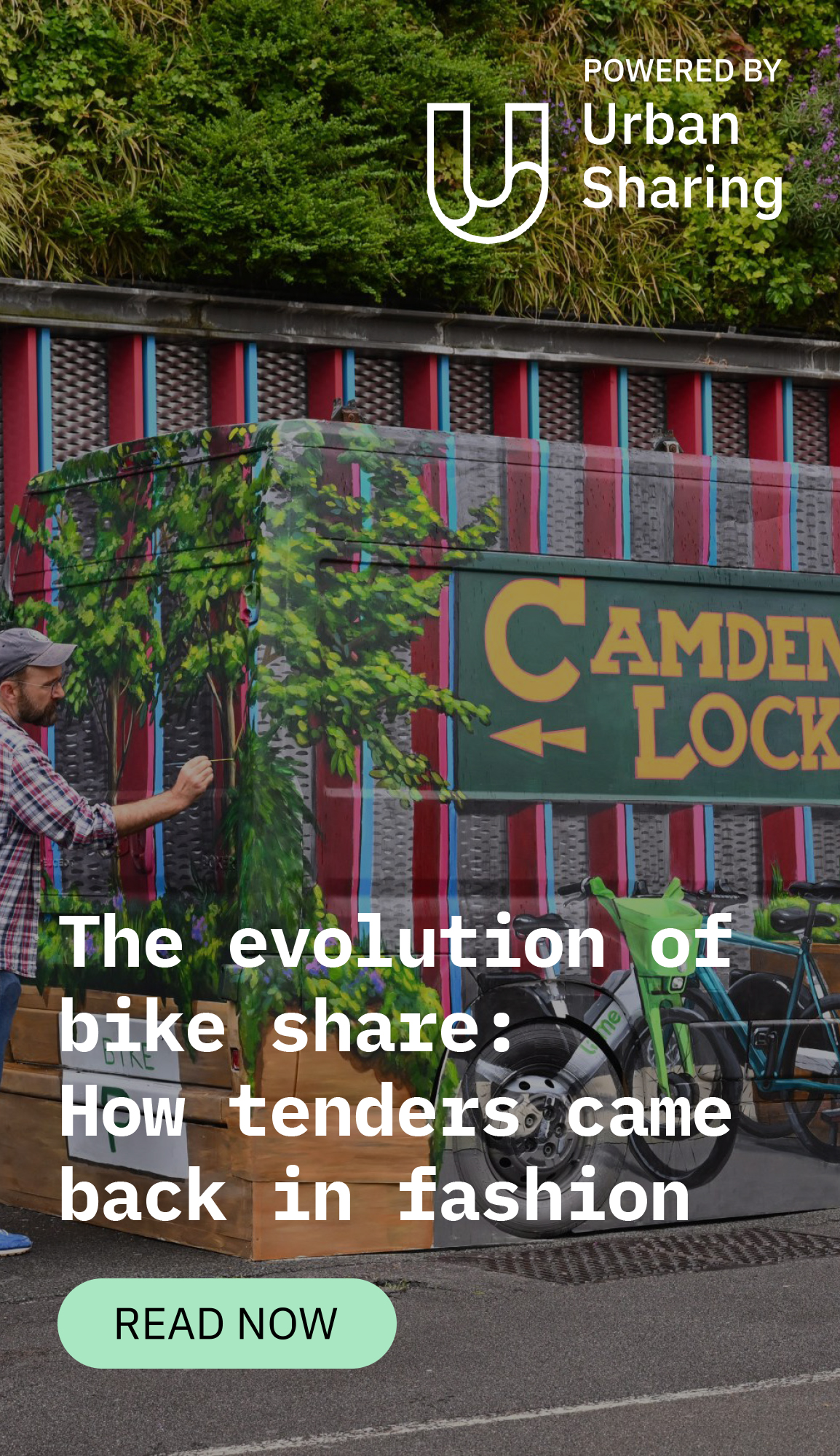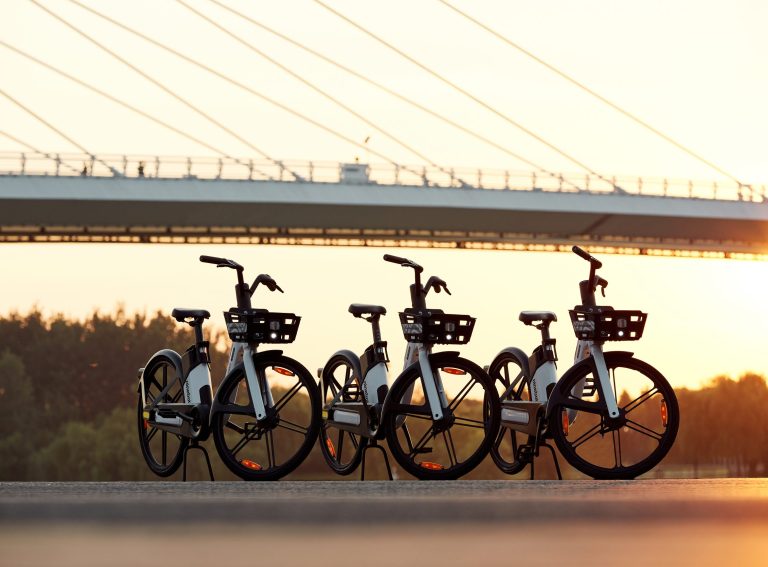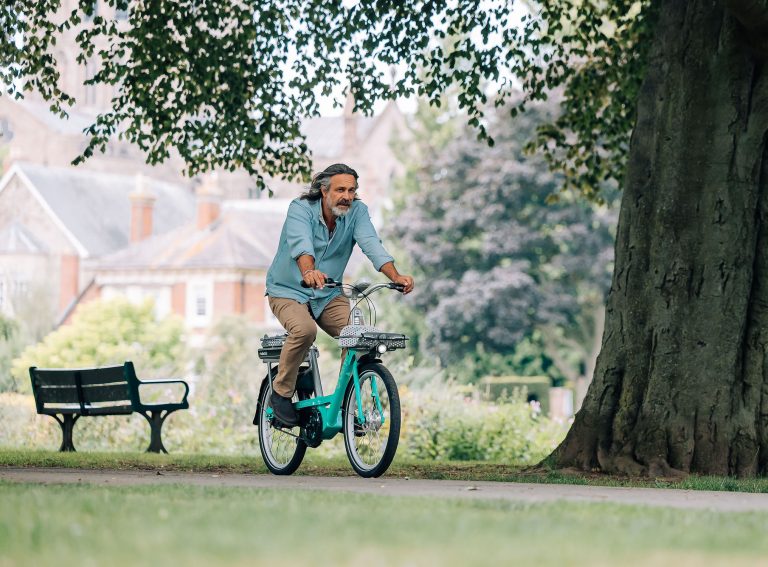Author: Richard Dilks, Chief Executive, CoMoUK
As e-scooters continue to gain popularity worldwide, the UK lags behind with only limited trials approved in select areas.
While over 100 cities across Europe, North America, and Asia have already legalised their use, it’s disappointing that the UK is yet to fully embrace this new form of micromobility.
It’s been more than a year since the government promised to introduce a new regulatory framework.
With the King’s Speech on 7 November, it’s high time ministers stopped delaying and caught up with the rest of the world.
Collaborative Mobility UK (CoMoUK), the national body for shared transport, has studied the impact of the 31 shared e-scooter trials in England.
Our research underscores the remarkable popularity of e-scooters, with sustained high demand, all while being operated sustainably without taxpayer subsidies.
In fact, the number of participants has reached 2.3 million, and the number of rides has exceeded 34 million. Despite concerns about safety, the number of serious incidents has remained low, with only one serious injury per 500,000 trips.
It’s worth noting that the majority of collisions involving e-scooters involve privately-owned, unregulated vehicles. Therefore, it’s crucial that the government moves forward with plans to legalise e-scooters to ensure their safe and responsible use.
While the government has expressed its intention to create a new powered light vehicle class that would legalise e-scooters, it has yet to take concrete steps to make this a reality.
This is particularly disappointing given the valuable contribution that e-scooters could make to decarbonisation, inclusion, and enjoyment in transport.
The current e-scooter trials, deeply integrated into local transport systems, are set to end in May next year.
However, uncertainty looms regarding their future, alongside the presence of an estimated 750,000 privately owned, unregulated e-scooters on UK roads.
As transport emissions remain the largest source of emissions, government action is needed to capitalise on the popularity of e-scooters and address this issue head-on in November’s King Speech.
Another extension of shared e-scooter trials does not address private e-scooters. These private vehicles are unlikely to undergo regular maintenance by trained professionals or have government-mandated safety features.
We have provided several recommendations to ministers, including new legislation with defined vehicle standards such as speed limits and age requirements.
There is also a need for better communication from the government and local authorities to emphasise that privately-owned e-scooters are not lawful on public highways.
One crucial step is to run an awareness campaign highlighting the difference between the safe and legal use of e-scooters in trials and the illegal and unsafe use of private e-scooters.
This will help clear up any confusion among the public and prevent negative perceptions of e-scooters.
Furthermore, more parking infrastructure for e-scooters is required, even if it means repurposing space from private cars.
Legalising and regulating e-scooters will not only help reduce emissions and promote sustainable transport but also provide a convenient and affordable transport option for many struggling with the cost-of-living crisis.
We know from our research in other forms of shared transport that people use a range of options alongside shared transport modes, and this is how we need to view e-scooters, as another item on the sustainable transport menu.
We cannot afford to be left behind as the rest of the world embraces this new mode of transport. The time to act is now.











